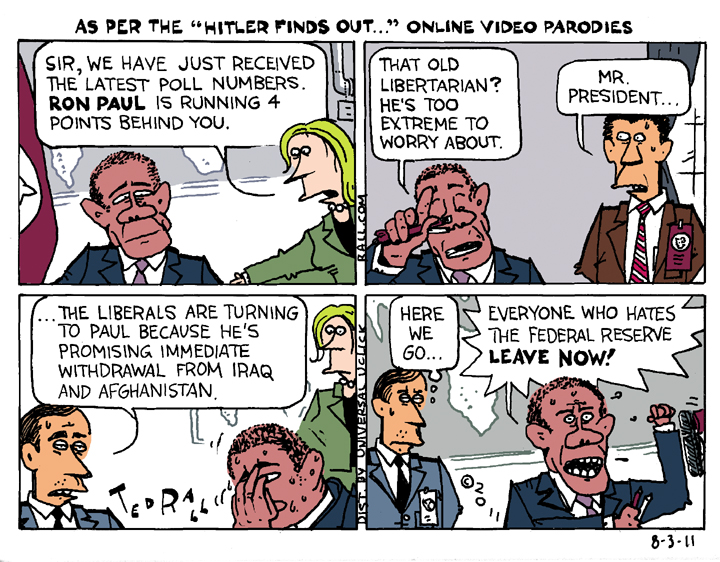Calls for a return to post-9/11 “unity” in the US, flirt with the elementary constructs of fascism, author says.
In the days and weeks after 9/11 the slogan was everywhere: T-shirts, bumper stickers, billboards that previously read “Your Ad Here” due to the dot-com crash, inevitably next to an image of the American flag.
The phrase carried with it a dark subtext. It wasn’t subtle:
United We Stand —or else.
Or, as George W. Bush, not known for his light rhetorical touch, put it: “You’re either with us or against us.”
“Us” was not meant to be inclusive. Le Figaro’s famous “nous sommes tous américains” headline aside, non-Americans were derided on Fox News (the Bush Administration’s house media organ) as “cheese-eating surrender monkeys.” (Never mind that that phrase, from the TV show “The Simpsons,” was conceived as derisive satire of the Right, which frequently derided the French as intellectual and thus weak and effete.)
Many Americans were disinvited from the “us” party of the early 2000s. Democrats, liberals, progressives, anyone who questioned Bush or his policies risked being smeared by Fox, right-wing talk radio hosts and their allies. The Wall Street Journal editorial page, for example, called me “the most anti-American cartoonist in America.”
For a day or two after the attacks on New York and Washington, it was possible even for the most jaundiced leftist to take comfort in patriotism. We were shocked. More than that, we were puzzled. No group had claimed responsibility. (None ever did.) Who was the enemy? Sure, there was conjecture. But no facts. What did “they” want?
“We watched, stupefied—it was immediately a television event in real time—and we were bewildered; no one had the slightest idea of why it had happened or what was to come,” writes Paul Theroux in the UK Telegraph. “It was a day scorched by death—flames, screams, sirens, confusion, fear and extravagant rumors (‘The Golden Gate Bridge has been hit, Seattle is bracing’).”
Politically, the nation reminded deeply divided by the disputed 2000 election. According to polls most voters believed that Bush was illegitimate, that he had stolen the presidential election in a judicial coup carried out by the Supreme Court. Even at the peak of Bush’s popularity in November 2001—89 percent of the public approved of his performance—47 percent of respondents to the Gallup survey said that Bush had not won fair and square. During those initial hours, however, most ordinary citizens saw 9/11 as a great horrible problem to be investigated, analyzed and then solved. Flags popped up everywhere. Even liberal Democrats gussied up their rides to make their cars look like a general’s staff car.
Dick Cheney and his cadre of high-level fanatics at 1600 Pennsylvania Avenue were salivating over newly-drawn-up war plans. “There just aren’t enough targets in Afghanistan,” Defense Secretary Donald Rumsfeld told Cheney and Secretary of State Colin Powell. “We need to bomb something else to prove that we’re, you know, big and strong and not going to be pushed around.”

